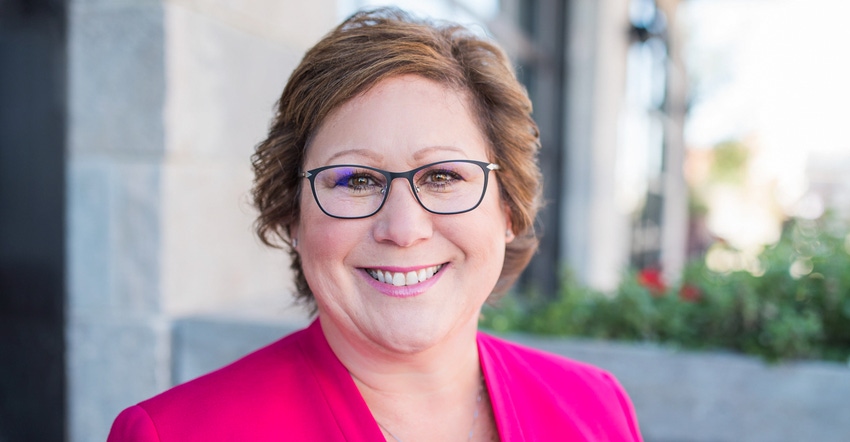March 14, 2019

By Stan Maddux
Township government reform in Indiana isn’t dead, even though a measure eliminating nearly all township boards was soundly defeated. A measure aimed at making sure townships with surplus funds aren’t simply hoarding cash advanced to the Indiana Senate.
All township boards in every county, except Marion, would have been eliminated under House Bill 1650. The bill passed out of committee but was shot down 75-18 by the full House floor.
“I think that’s a resounding victory.” says Deb Driskell, president of the Indiana Township Association. “We worked very hard to kill that bill.”
Under the measure, trustees from townships whose tax rates are above the state average would have been required to submit their annual budgets to their respective county councils for final review. Trustees in townships with tax rates below the state average could have approved their own budgets.
Local control
Driskell says township boards are a source of checks and balances closer to the process of local government than a county council already tasked with overseeing its own budget. The legislation would have opened the door for ‘’hundreds’’ of trustees to act alone on other matters like approving contracts and policies.
“It would be irresponsible of the state to leave an official with no accountability for all of those things,” Driskell says.
State Rep. Jim Pressel, R-Rolling Prairie, says township government plays a critical role in areas like relief for the poor and fire protection, but he sees a potential need to make some changes.
“I think it's an important discussion to continue to have,” says Pressel, vice chairman of the committee who advanced the bill to the House floor. Last year, a measure calling for townships with a population of 1,200 or less to merge with an adjacent township failed.
Budget oversight
Another effort at township reform enjoyed strong support early in the session. House Bill 1177 requires townships with a surplus of at least 150% of their annual budget estimate to submit a three-year capital spending plan to show that surplus funds are earmarked for a specific purpose. Townships not submitting a plan would not receive property tax monies.
Pressel says about a half-billion dollars in unspent funds are in township coffers statewide. This would free up dollars that might not be serving any real purpose and give those back to property taxpayers.
“As long you got a goal and it’s a good goal to have, then I don’t think taxpayers have a problem with it. But if we’re just allowing it to accumulate, I think the taxpayers want to know why,” Pressel says.
Driskell, who supports House Bill 1177, says what’s claimed to be unspent township dollars is inflated and misunderstood. She says part of the unexpended funds is money townships receive from the state to cover the first six months of expenses for the upcoming year, just prior to the present year’s budget ending Dec. 31.
Other unexpended funds are for fire protection, since that’s a primary responsibility for townships. They must cover future expenses like a fire truck.
“It’s not just cash laying around,” Driskell says.
Justin Schneider, legislative lobbyist for Indiana Farm Bureau Inc., says IFB supports the bill, which would require annual budgets for townships with excess cash. It just makes good sense, he notes.
Maddux writes from South Bend, Ind.
You May Also Like




